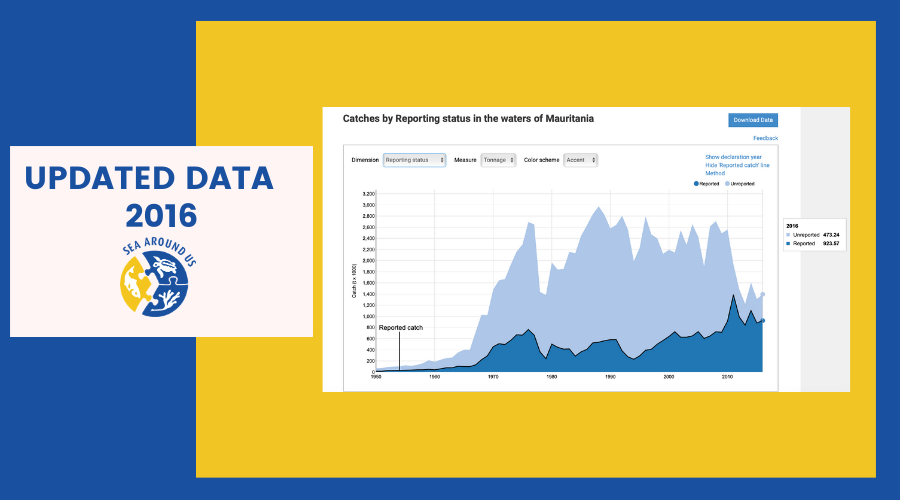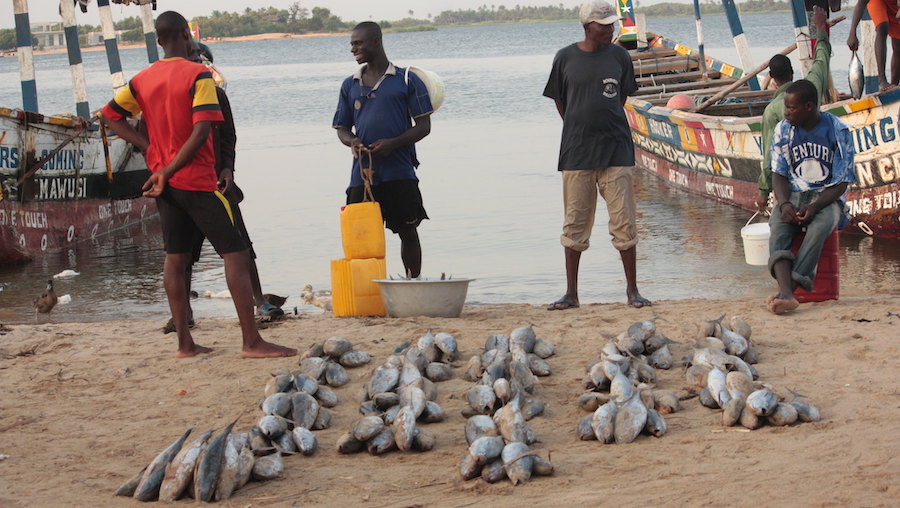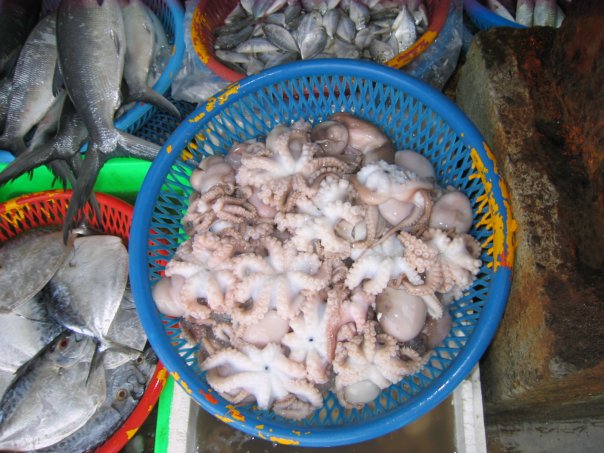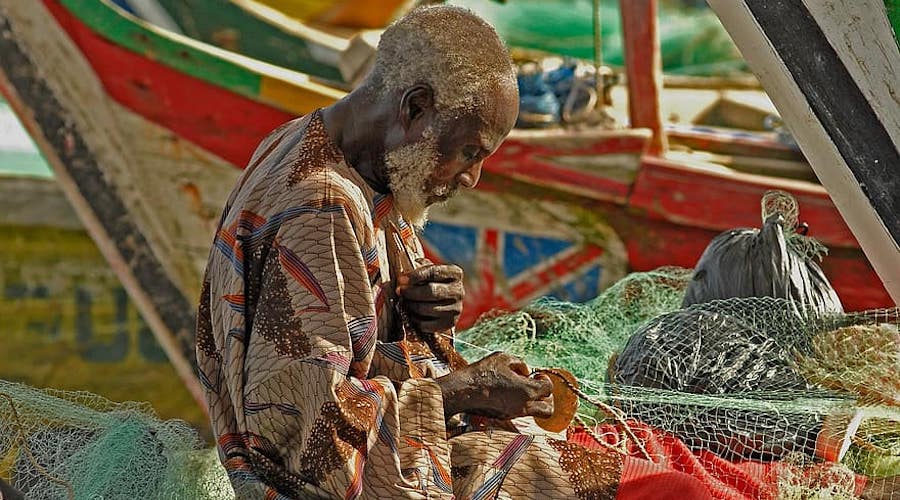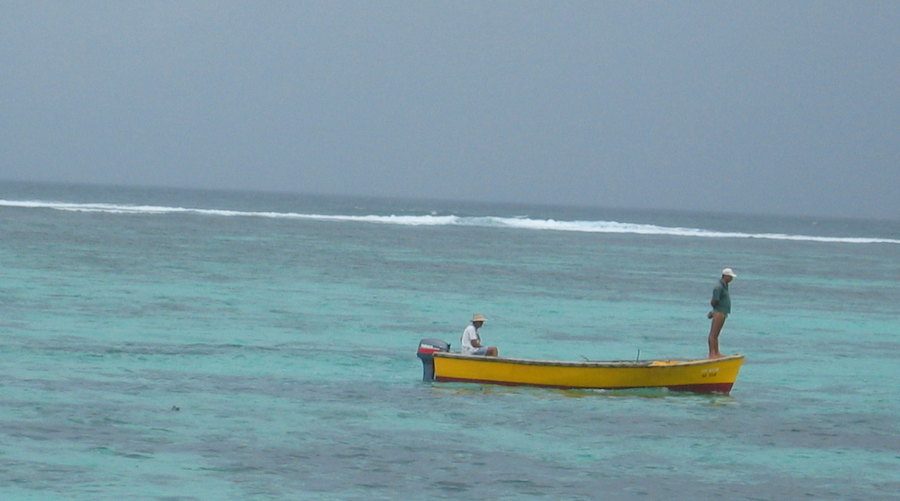The Sea Around Us is pleased to announce that the marine fisheries catch data and derived indicators have been updated to the year 2016.
After months of intensive work by our teams in Canada, the Philippines and Australia, we can now proudly say that time series with 67 years’ worth of data (1950-2016) are available for free on www.seaaroundus.org.


